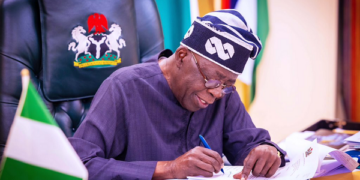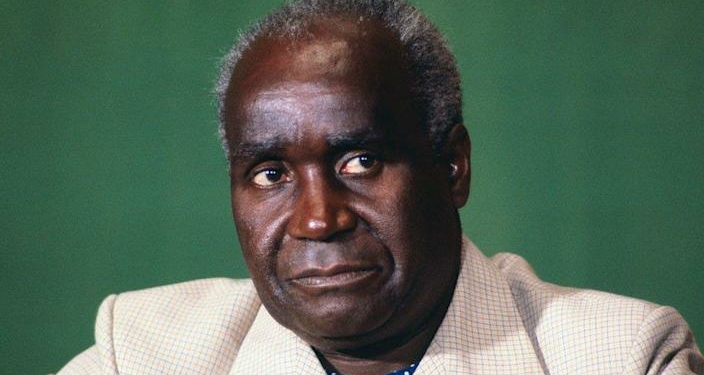Kenneth Kaunda, Zambia’s founding president and liberation hero, has died at a military hospital in Lusaka where he was being treated for pneumonia, his son, Kambarage, said on Thursday. He was 97.
Kaunda ruled Zambia from 1964, when the southern African nation won its independence from Britain, until 1991, and afterwards become one of Africa’s most committed activists against HIV/AIDS.
“I am sad to inform (members) we have lost Mzee. Let’s pray for him,” Kambarage said on the late president’s Facebook page.
The former president had been feeling unwell and had been admitted to the Maina Soko Medical Centre in Lusaka earlier this week.
Although Zambia’s copper-based economy fared badly under his long stewardship, Kaunda will be remembered more for his role as an anti-colonial fighter who stood up to white minority-ruled South Africa and in Rhodesia, now Zimbabwe.
During his time in power, Zambia became a one-party state, effectively giving him absolute control.
The youngest of eight children, Kaunda’s father died when he was eight years old. His mother was a teacher – a rare profession for Zambian women in those days.
He started his political career as organising secretary of the Northern Rhodesia African National Congress (ANC) in the Northern Province of Zambia.
But in 1958 he broke from the ANC to form the Zambian African National Congress (ZANC). The colonial authorities banned it a year later, and Kaunda was imprisoned in the capital Lusaka for nine months.
ZANC became the United Party for National Development (UNIP) in 1959.
The following year Kaunda was released from prison and elected president of UNIP. He then stared organising civil disobedience known as the Cha-cha-cha campaign.
It was the philosophy of Mahatma Gandhi that made Kaunda become committed to non-violent principles.
Using his rhetorical skills to appeal to the public, Kaunda won independence for his nation without resorting to violence in 1964. As UNIP president, he ruled Zambia for 27 years.
Kaunda’s legacy
In foreign policy, Kaunda provided logistical help to other African liberation movements, including the Zimbabwe African People’s Union (ZAPU) and the breakaway Zimbabwe African National Union (ZANU) of Southern Rhodesia and the African National Congress (ANC) of South Africa.
Kaunda, who was criticised for his autocratic leadership style, banned the political opposition in 1973. He was forced to reverse this decision in 1991 due to popular pressure provoked by shortages of basic foodstuffs as well as increasing international pressure for greater democracy in Africa.
He fell from power with the advent of multi-party democracy. In 1991, he lost presidential elections to Fredrick Chiluba from the Movement for Multi-Party Democracy (MMD) after a fiercely-contested campaign.
Kaunda accepted defeat waving his trademark white handkerchief.
Kaunda had continued to engage in national politics and in 1996 tried to stand for the presidency. However, the Chiluba government changed the constitution so that anyone whose parents came from outside the country was deemed a foreigner and could therefore not run for office.
Chiluba later attempted to deport Kaunda alleging that he was a Malawian. In 1997, Chiluba, threw Kaunda in jail on Christmas Day for allegedly being involved in a foiled coup attempt.
In 1999, during Chiluba’s rule, he was declared stateless by a Zambian High Court, but he challenged this decision in the Supreme Court of Zambia, which declared him to be Zambian citizen the following year.
Throughout the African continent, many streets, buildings and airports are named after him. And even in old age, he repeatedly raised his voice in public against perceived injustices as well as the oppression of minorities.










Discussion about this post